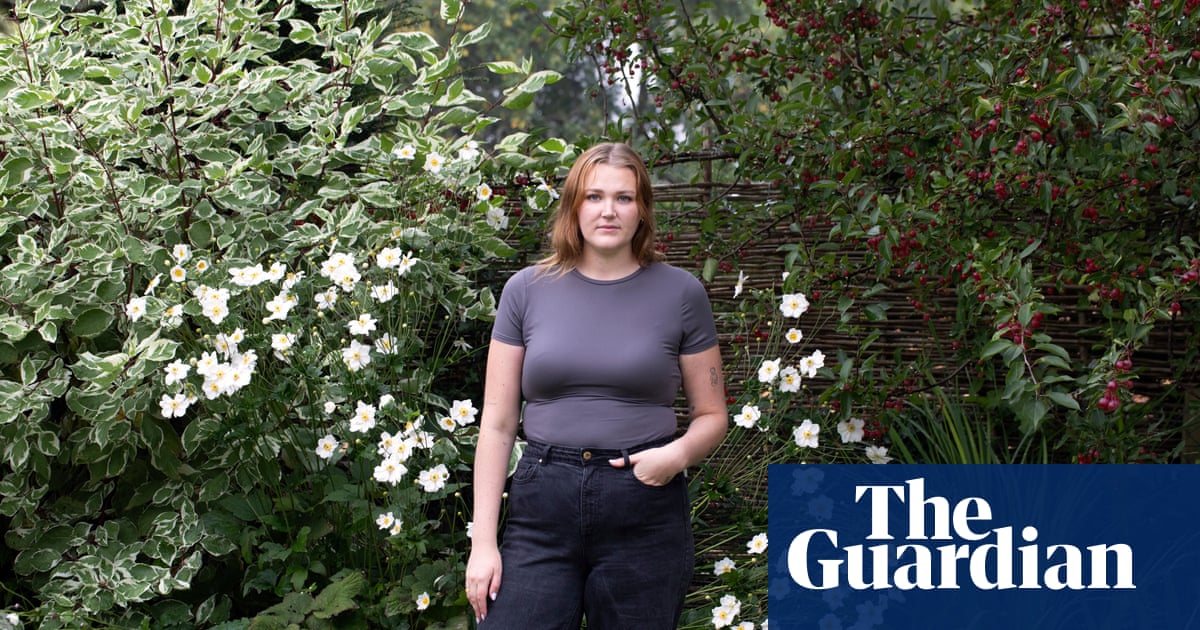A year ago, Franky Dean, a 24-year-old documentary film-making master’s student, decided to make a phone call she’d been avoiding nearly half her life. She was sitting in a dark computer room in New York University’s journalism institute in Manhattan when she FaceTimed her parents. They were in the living room at her home in the UK, where she grew up. Franky told them she’d just filed a police report about something that had happened more than a decade earlier. When Franky was 12, she had been sexually abused by a close friend’s dad.
And then her mum said two words that would change her life, again, for ever: “We know.”
It was meant to be a climactic moment – a revelation that Franky had been building up to for years. Instead, it was the beginning of another story – the unravelling of a shadow narrative that spanned half of Franky’s life. It’s a story about what happens when police assume survivors of sexual abuse to be “unknowing victims” – a series of misinterpretations and missteps that amounted to Franky spending 12 years hiding her abuse from her parents while they spent 12 years hiding it from her.



disagree. as someone who lived through childhood trauma, kids know more than their parents think, and keeping information from them doesn’t leave them in an ignorant bliss, it leaves them wondering why no one intervened, why no one knew when it was obvious, etc. I think it’s a form of gaslighting.
Not telling someone something isn’t gaslighting. That’s a very different thing.
And you are making the mistake of assuming that other people think like you, have the same preferences as you, also have memories on an at least subconscious level, …
There are just so many factors, that depend on the person and this is one of those cases where extrapolating from your own lived experience is not the right way to do things. Like: I’m trans and you can trust me, that I have my own places, where I know that I can’t apply my standards to other people (“what do you mean, people don’t like the effects of cross-sex hormones?”).
I disagree. acting like nothing happened when it’s actually one of the worst things that can happen to a kid is just bonkers.